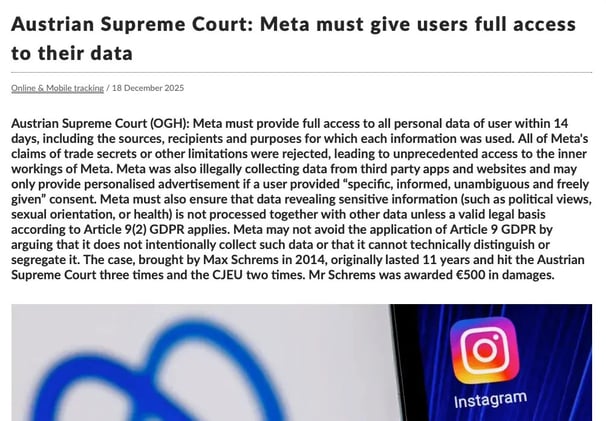- Pascal's Chatbot Q&As
- Archive
- Page 9
Archive
GPT-5.2 analyses a 'Powers of Corruption' Diagram. If you want to go from “dark diagram” to proof-grade claims, you’d look for: Primary money trails, Procurement/ethics documentation,...
...Quid-pro-quo evidence, and Pardon pipeline evidence. The ecosystem of influence is real; the video’s single-mastermind diagram is rhetorical compression that slides into conspiratorial thinking.

By aligning with Russia and adopting its grievances against the Western liberal order, the administration validates its own domestic war against the “globalists” who built that order.
The “Reverse Kissinger” strategy—aligning with Russia to counter China—serves a potent domestic political function: to frame its abandonment of NATO, EU not as isolationism, but as "smart" realpolitik

Coursera will acquire Udemy. For publishers—especially scholarly, professional, and educational publishers—the merger is not just an ed-tech headline.
It is a clear signal that scale, data, distribution, and AI-readiness are becoming existential requirements rather than optional advantages.

Adobe’s SLMs and their alleged training on pirated books via SlimPajama, a derivative of Books3. If courts accept that weights encode infringing copies, the legal consequences would be profound.
Complaint paints a sharply different picture—one that, if substantiated, could undermine industry narratives about clean datasets, open-source insulation, and technical abstraction from infringement.

A multi-vector attack on the entire AI music business model, combining copyright law, DMCA anti-circumvention claims, biometric privacy (BIPA), right-of-publicity law, and consumer deception.
The defendants—Kunlun Tech and its Singapore-based AI subsidiary Skywork—operate Mureka, a large-scale AI music generation platform marketed as a “royalty-free” replacement for licensed music.

The Russia-adjacent “connective tissue” points that are real, documentable, and potentially problematic if Trump Media (TMTG / Truth Social) is merging with TAE.
TAE: past Russian state-linked investment + Russia-based technical collaboration history. TMTG: reported Russia-linked emergency financing.

The First Draft Code of Practice on Transparency of AI-Generated Content is an important and necessary step toward governing AI not merely as a technology, but as a knowledge-shaping force.
For education, research, and scholarly publishing, transparency must evolve from labels into infrastructure—persistent, verifiable, and resistant to erosion.

If scholarly publishing does not respond by reasserting control over verification, provenance, and authority, it risks becoming indistinguishable from the AI-generated sludge it once filtered out.
The future of the sector won't be decided by how much AI it adopts, but by whether it can re-engineer trust faster than AI can counterfeit it. That's the real threat & opportunity hidden in this story

When a single billionaire can fund a think tank that employs 900 staff across 45 countries and has direct access to government ministers, the line between philanthropy and influence becomes blurred.
Mandatory digital ID schemes tend to expand over time. What begins as an employment verification tool could evolve into a requirement for accessing healthcare, benefits, housing, and more.

The Austrian Supreme Court’s (OGH) ruling against Meta Platforms Ireland marks one of the most consequential judicial interpretations of the GDPR since its entry into force.
After more than 11 years of litigation by Max Schrems, the Court delivered a judgment that challenges the legal architecture underpinning the company’s European data-extraction and advertising model.












